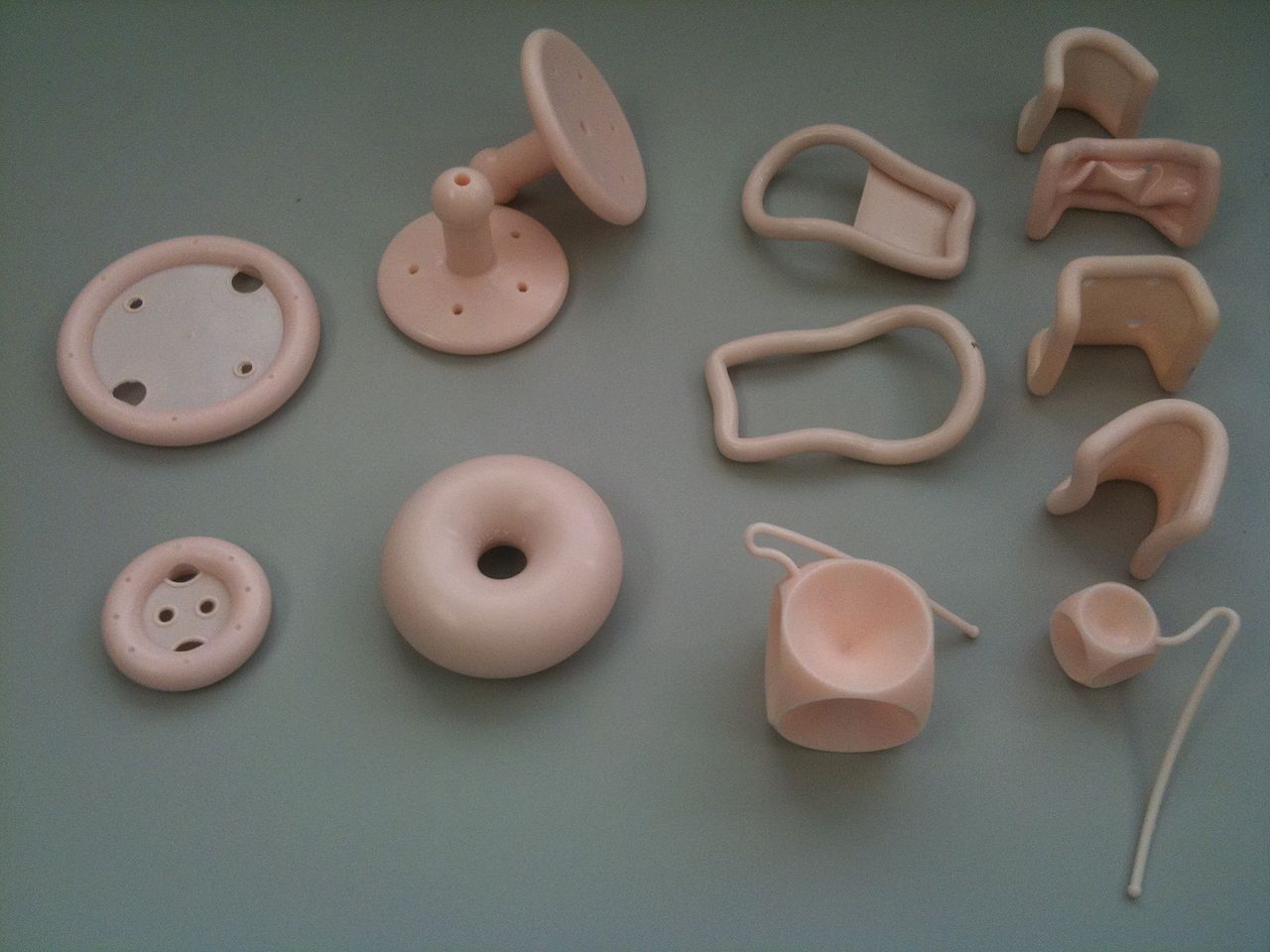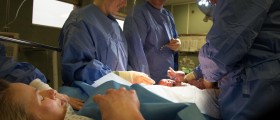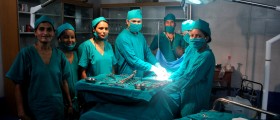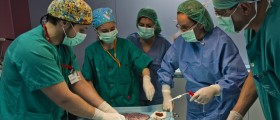Millions of babies are born prematurely every year, with all the accompanying health risks and often months of intensive medical care. But, according to a team of doctors from Spain, cervical pessaries which are cheap and simple tools can prevent premature births for many at-risk pregnant women.

The medical team concluded that women who have a cervix shorter than 25mm, and which are at a higher risk of going into labor too early, would benefit from a cervical pessary immensely. Pregnant women who participated in the trial had the length of their cervix (the opening of the uterus) measured through prenatal ultrasound between 18 and 22 weeks.
Nearly 12,000 women took part in the trial, and 716 of those had an extremely short cervix. Half of these ladies had a silicone ring inserted the co-called cervical pessary. The trial seems to have been very successful. The group that didn't have the pessary had a 27 percent premature labor rate, while the percentage of premature births among the women with the pessary was only six percent.
The authors of the study, which was published in The Lancet, said that more research was still needed but that a cervical pessary seems to be a viable way to reduce the risk of preterm labor. Maria Goya from Vall d'Hebron Hospital, one of the researchers, concluded: "Placement of a pessary is an affordable procedure, non-invasive, and easy to insert and remove as required."
Others commented that the difference between the pessary group and the control were amazing. Let's take a look at the the dangers that babies could avoid by successfully sticking around in the uterus until at least 34 weeks into a pregnancy. Babies born extremely prematurely don't have very big survival chances at all. Those who do make it can have lung problems, low blood glucose, can't regulate their own body temperature, and risk all kinds of infections.

















Your thoughts on this
Loading...